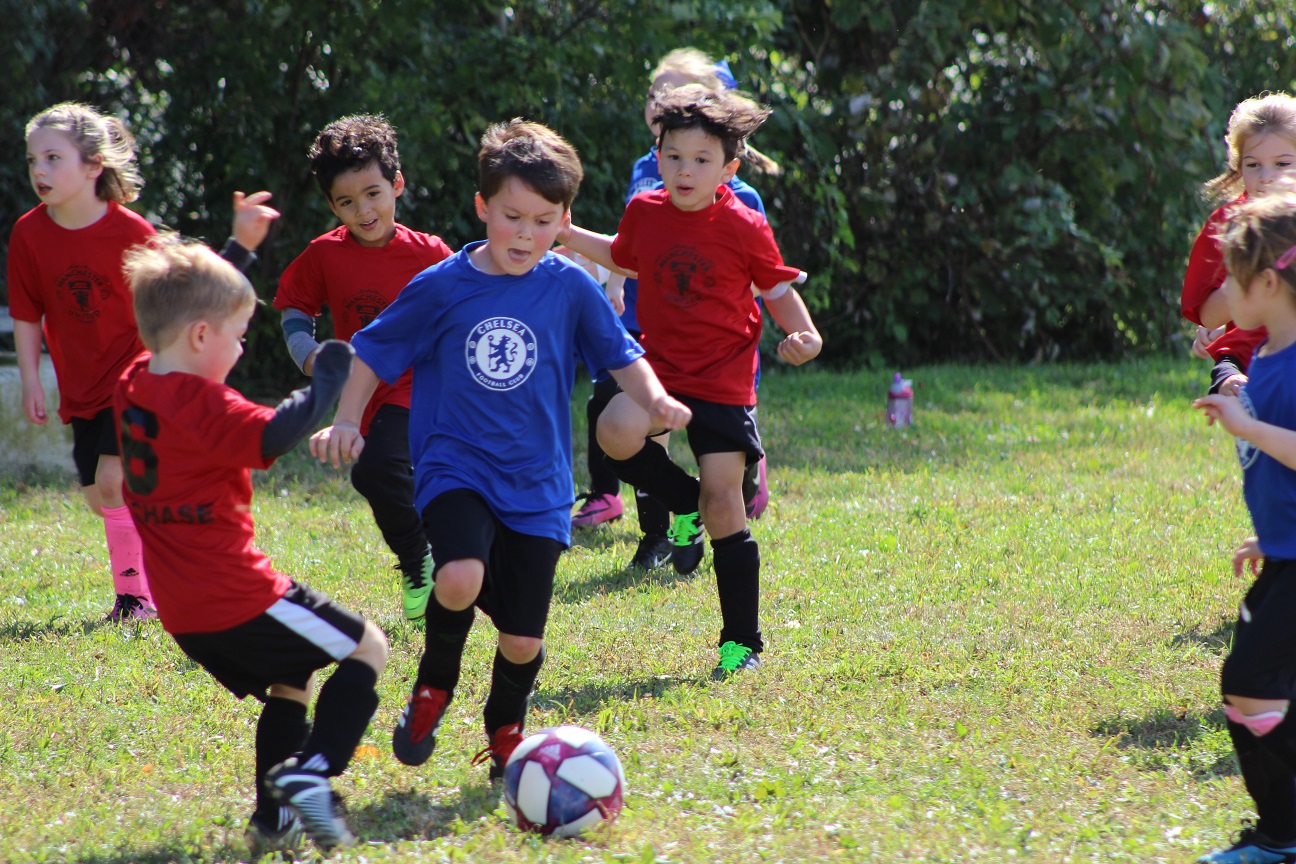
Benefits of sport for kids
Sports play an essential role in the physical and mental development of children. Whether it’s a team sport or an individual activity, children who engage in sports gain several benefits that can impact their overall well-being. Here are some of the benefits of sports for kids:
1. Physical fitness: Playing sports help kids to maintain a healthy weight, develop strong muscles and bones, and improve cardiovascular fitness. Children who are active in sports are less likely to develop obesity, high blood pressure, and type 2 diabetes.
2. Social skills: Sports provide an excellent opportunity for children to interact with their peers and build social skills. They learn how to work together as a team, communicate effectively, and resolve conflicts. These skills are beneficial both on and off the field and can help children succeed in all areas of life.
3. Self-confidence: Engaging in sports helps kids to build their self-confidence and self-esteem. They learn to set goals, work hard to achieve them, and develop a sense of pride in their accomplishments. When they succeed, they feel good about themselves and are more likely to take on new challenges.
4. Mental health: Physical activity has been proven to have a positive effect on mental health. Playing sports reduces stress and anxiety, boosts mood, and improves cognitive function. It also helps children to develop resilience and cope with the challenges of daily life.
5. Discipline: Sports require a certain level of discipline and dedication. Children who participate in sports learn to follow rules, manage their time effectively, and develop a strong work ethic. These skills are essential for success in all areas of life, including academics and career.
6. Leadership skills: Sports provide an excellent opportunity for children to develop leadership skills. Team captains, for example, learn how to motivate and inspire their teammates, make decisions under pressure, and communicate effectively. These skills are beneficial both on and off the field and can help children become successful leaders in the future.
7. Goal-setting: Sports require children to set goals and work towards achieving them. Whether it’s scoring a goal or running a certain distance, children learn the importance of setting realistic and achievable goals. They also learn how to break down large goals into smaller, more manageable ones.
8. Time management: Sports require a significant time commitment, which can be challenging for children who have other responsibilities such as schoolwork or household chores. However, participating in sports helps children to develop good time management skills and prioritize their responsibilities effectively.
9. Respect for authority: Sports provide children with an opportunity to learn to respect authority figures such as coaches, referees, and umpires. They learn to follow rules and accept decisions made by those in authority. This is an important life skill that will serve them well in all areas of life.
10. Fun: Perhaps the most important benefit of sports for kids is that it’s fun! Playing sports provides children with an opportunity to have fun and enjoy themselves while engaging in physical activity. It’s an excellent way for them to stay active and healthy while having a great time.
In conclusion, sports play an essential role in the physical, social, and emotional development of children. Engaging in sports helps children to develop physical fitness, social skills, self-confidence, discipline, leadership skills, goal-setting, time management, respect for authority, and have fun. Parents should encourage their children to participate in sports to reap the many benefits that come with it.

